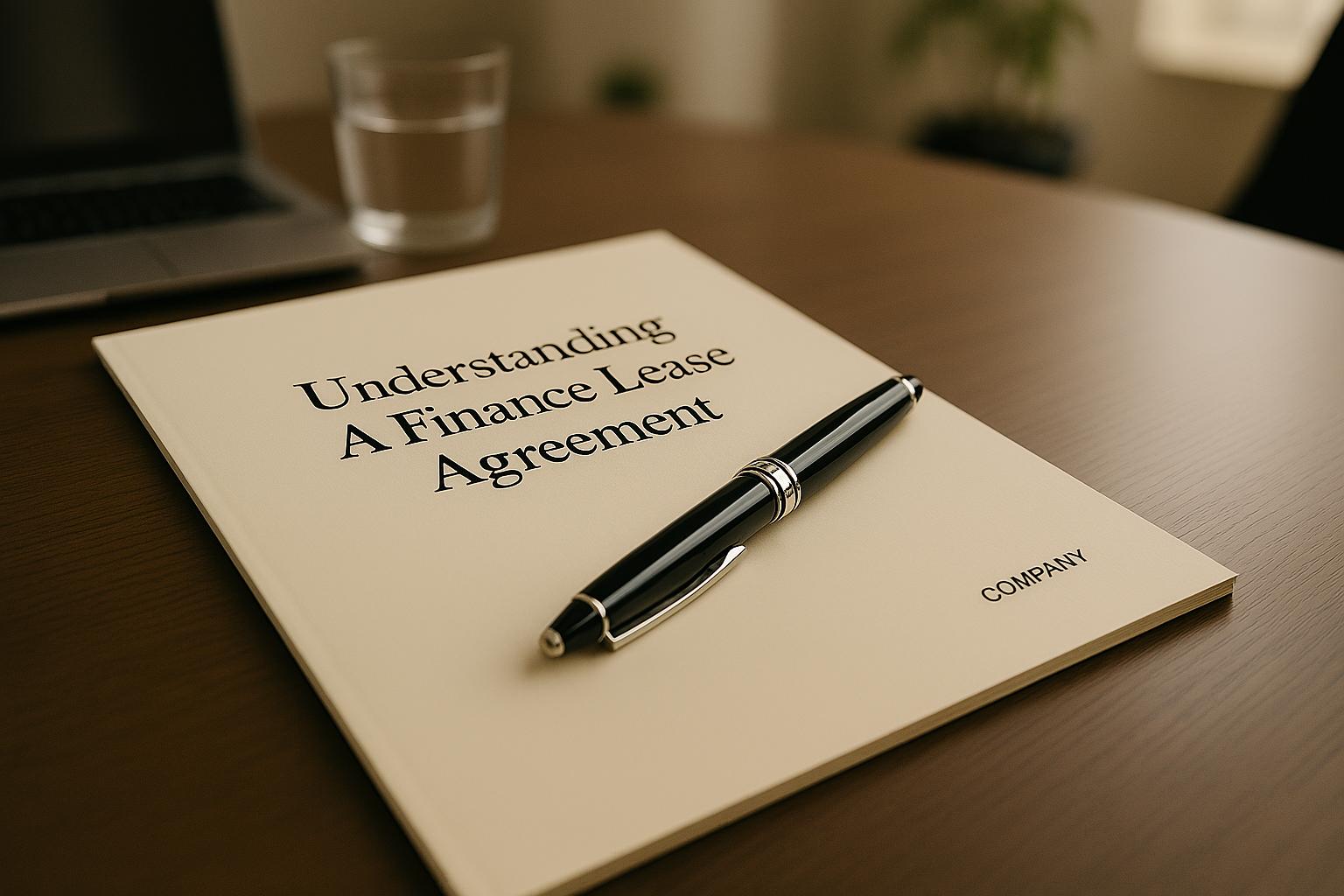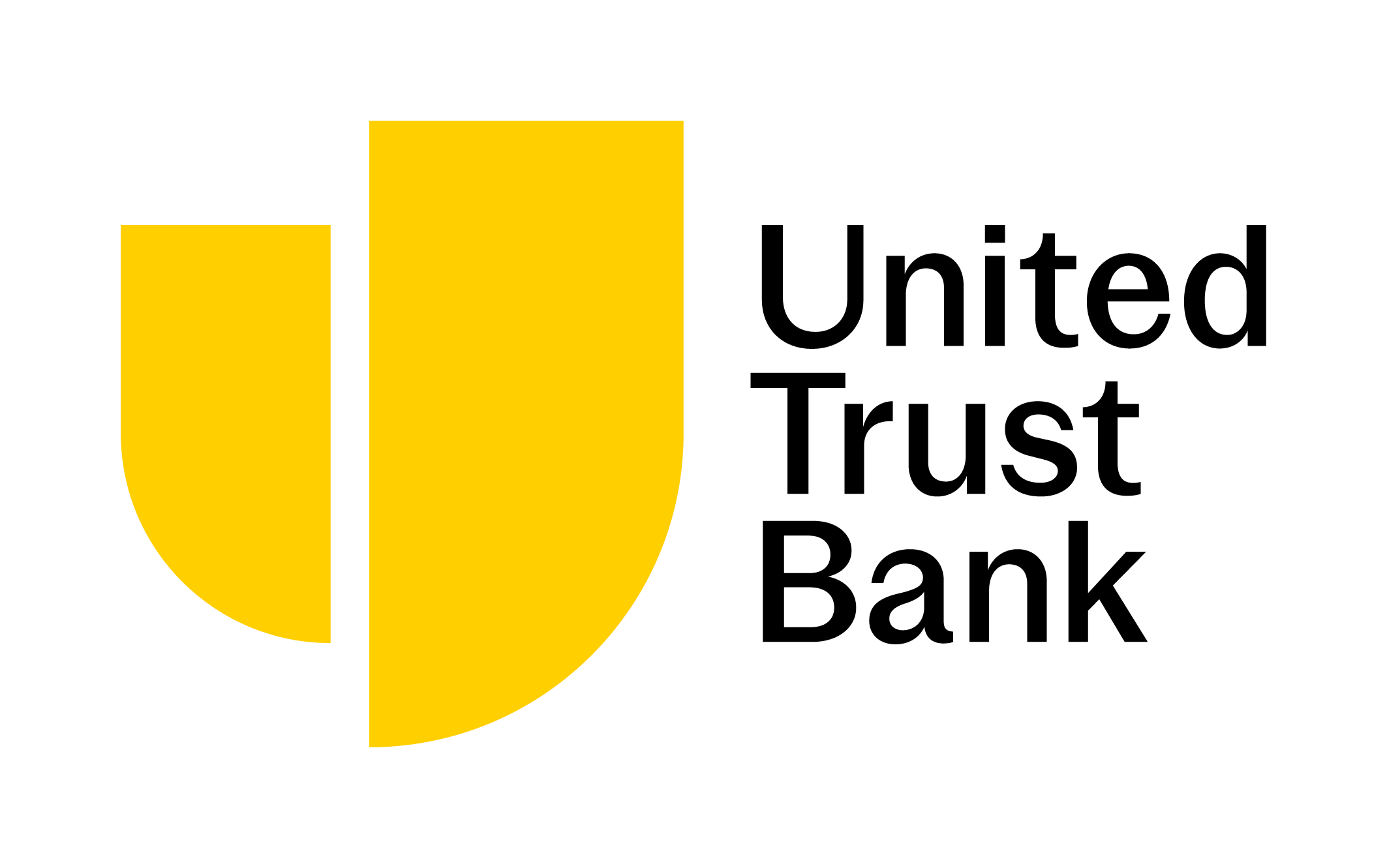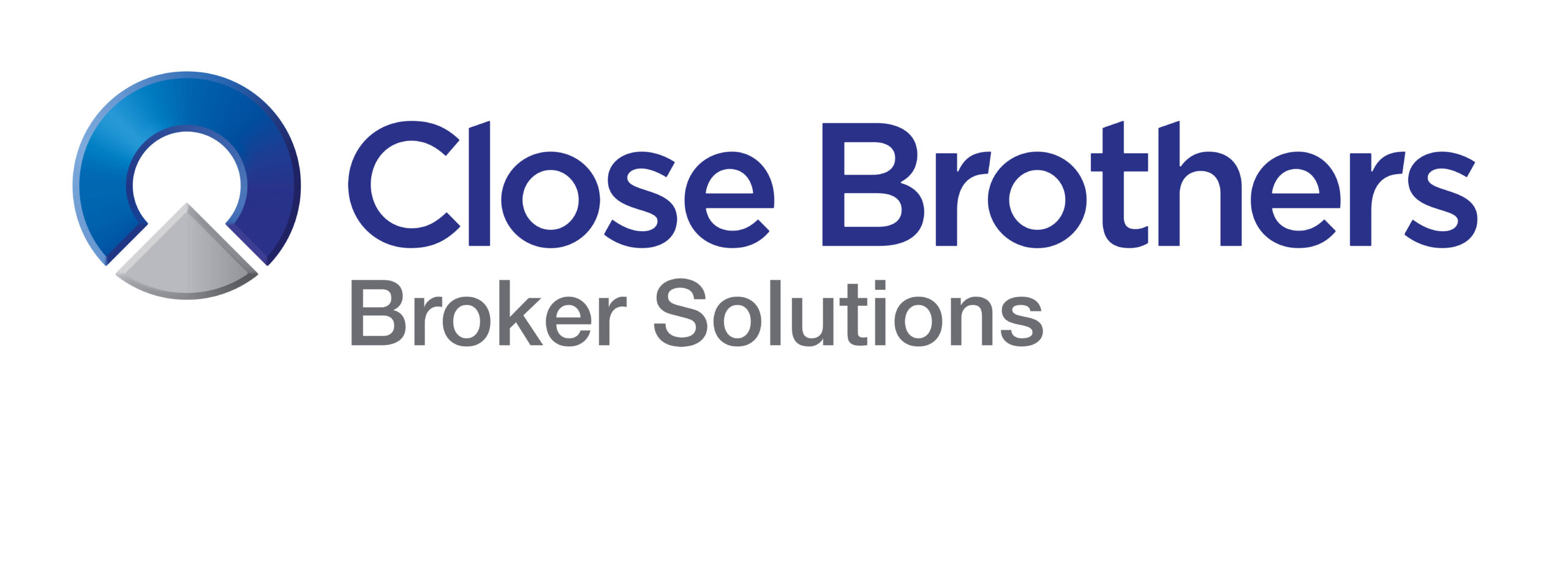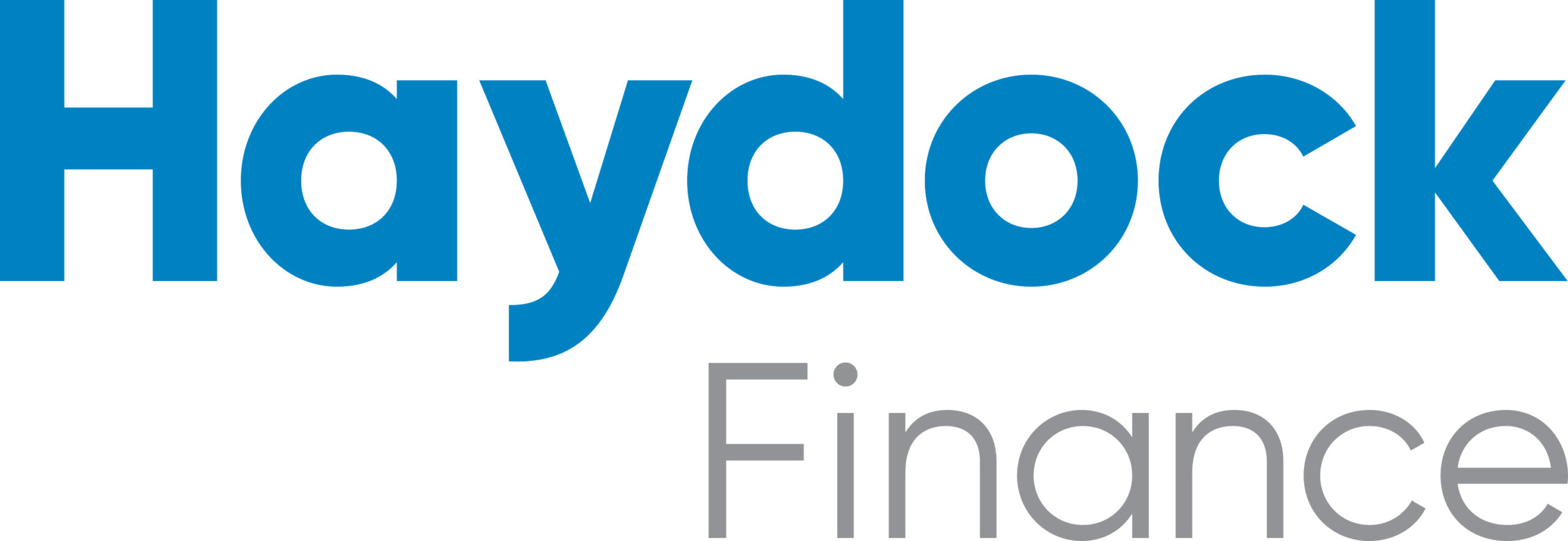Finance Lease
Finance Lease Explained for Businesses
A Finance Lease is a specialised type of long-term rental agreement primarily designed for businesses to acquire goods, such as vehicles, equipment, or machinery. It differs from a traditional lease in some keyways, particularly regarding what happens at the end of the agreement.
How a Finance Lease Works
When your business opts for a Finance Lease, you first select the goods you need. You’ll then agree on an initial lease period with a finance company. Throughout this period, your business will make regular rental payments to the finance company. These payments are typically structured to cover the majority of the goods’ depreciation over the lease term.
At the very beginning of the agreement, the finance company calculates the residual value of the goods. This is their estimated worth at the end of the lease.
When the lease period concludes, your business generally has a few options:
- Sell the Goods: Your business can arrange to sell the goods to a third party. It’s important to note that your business takes on the responsibility for this sale.
- Continue Leasing: You might have the option to extend the lease for an additional period, continuing with rental payments.
- Pay a Final Payment: In some cases, your business may be able to pay off the calculated residual value to gain ownership of the goods.
For guidance on tax implications and to ensure optimal tax efficiency, please consult a qualified tax advisor or accountant. Evogo Asset Finance does not provide tax advisory services.
Features and Benefits of a Finance Lease
A Finance Lease offers several attractive features and benefits for businesses. It often requires a lower initial outlay compared to purchasing goods outright, making it easier to acquire necessary assets without a large upfront capital expenditure. You’ll also benefit from fixed monthly payments, which significantly helps with budgeting and financial forecasting.
Furthermore, a significant advantage for businesses lies in potential tax advantages; often, companies can offset lease payments against taxable profits. However, always consult with a tax advisor to understand the specific implications for your business. In some scenarios, a Finance Lease can also facilitate off-balance sheet financing, meaning the asset might not appear on your company’s balance sheet, which can impact certain financial ratios.
Pros and Cons of a Finance Lease
Pros:
- Enjoy lower initial costs compared to an outright purchase.
- Benefit from predictable monthly payments, simplifying your budgeting.
- Access potential tax benefits for your business (seek professional advice).
- Acquire new goods without a significant capital outlay.
Cons:
- Your business never owns the goods outright unless you make a specific payment for the residual value at the end.
- Your business is responsible for selling the goods when the lease concludes.
- If the sale price your business achieves is less than the pre-agreed residual value, your business must cover the difference.
- Early termination of the lease can be quite expensive.
Who is Best Suited to a Finance Lease?
A Finance Lease is most suitable for specific types of businesses. It’s ideal for VAT-registered businesses, as they can typically reclaim a portion of the VAT on their lease payments. It’s also a strong choice for companies that want to keep assets off their balance sheet, which can positively influence certain financial metrics.
This option works well for businesses that need goods for operational purposes, such as company vehicles, delivery trucks, or essential equipment. Additionally, it suits organisations that prefer to avoid the risk of asset depreciation, as the finance company sets the residual value from the start. Finally, it’s perfect for businesses that desire predictable costs related to their assets, as the fixed monthly payments aid in consistent budgeting.
At Evogo Asset Finance, we believe that securing finance for your next acquisition, regardless of its type or purpose, should be a straightforward and empowering experience. Our process for obtaining specialist finance is meticulously designed to be very simple, safe, personalised, and secure:
Your Finance Options
We want to help you understand the different finance agreements available through Evogo Asset Finance so you can make an informed decision. This guide provides an overview of the features, benefits, and pros and cons of each finance option. We'll also explain the difference between regulated and unregulated agreements.
This information is for your understanding only. It's designed to help you determine which product best suits your needs, but it is not financial advice. Before you sign any agreement, the lender will provide a detailed explanation of the product you have chosen.









